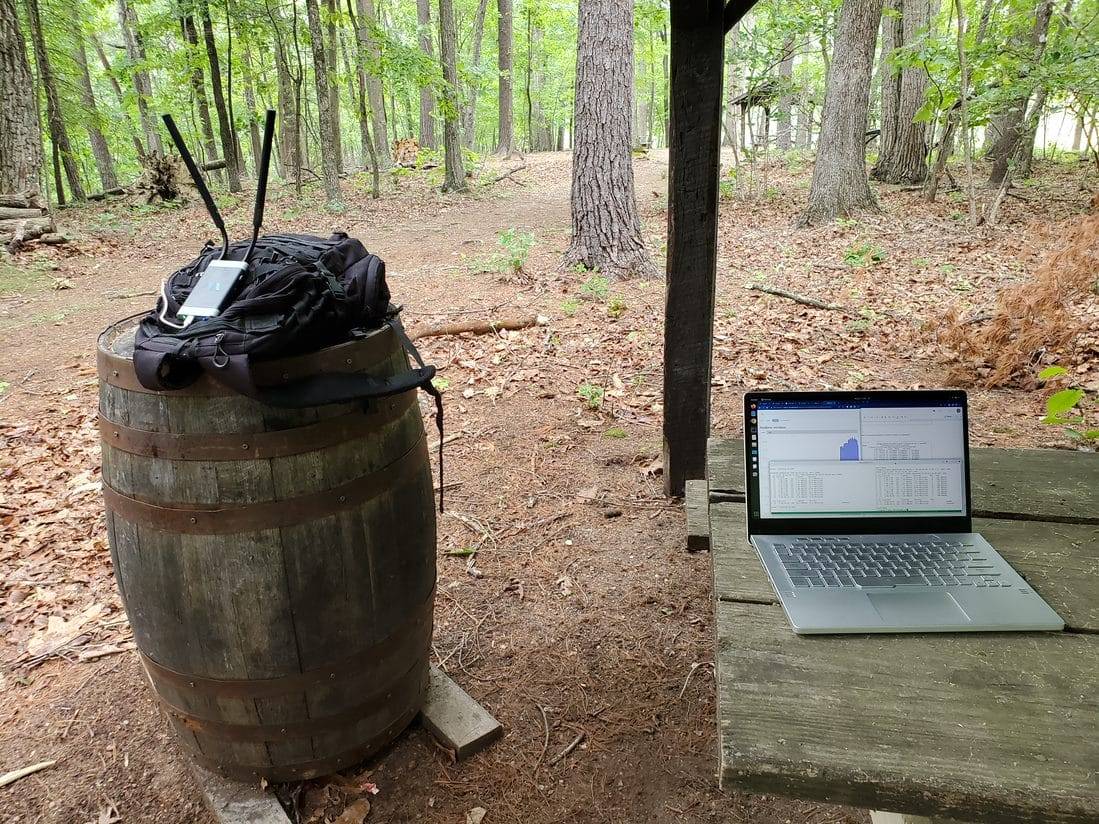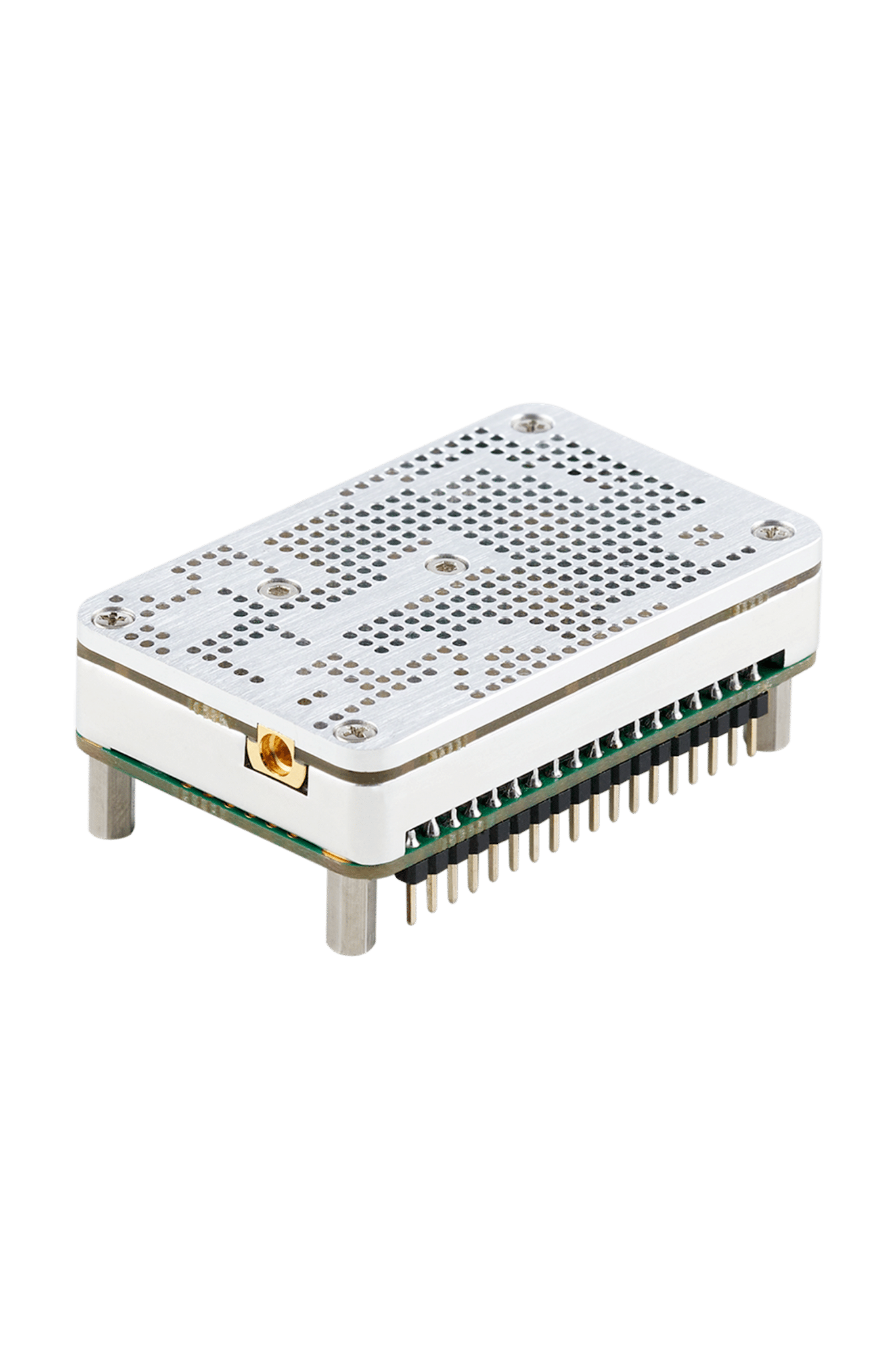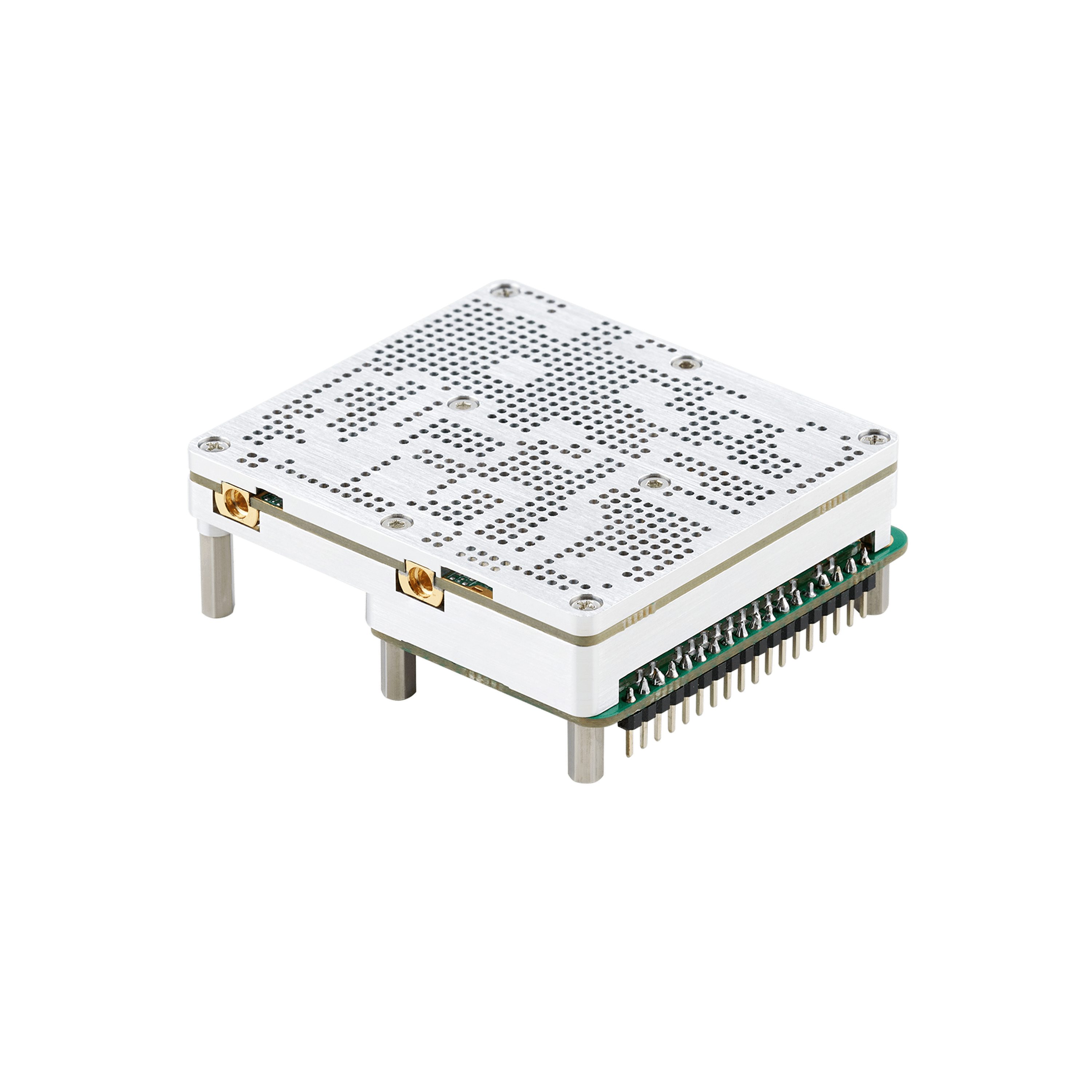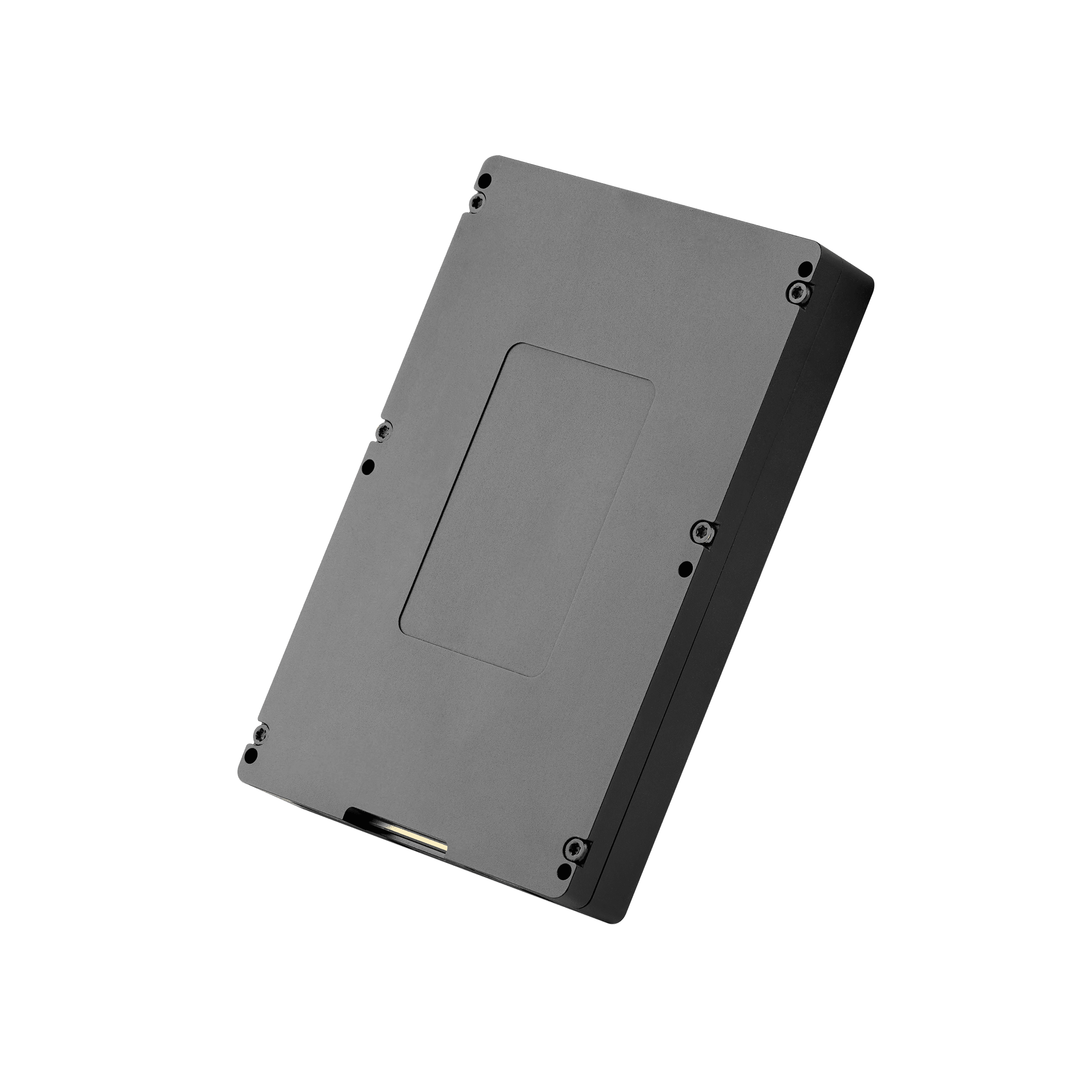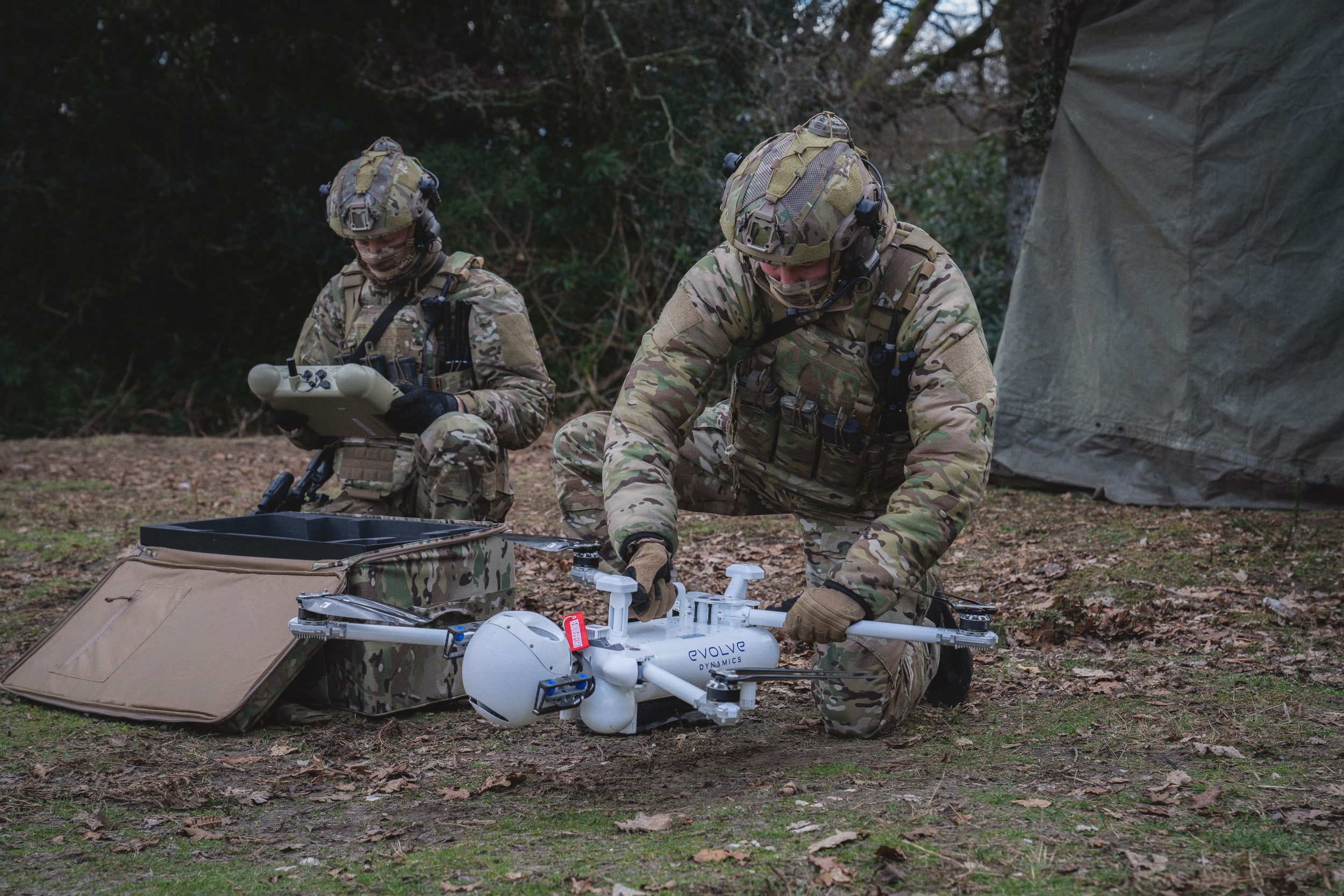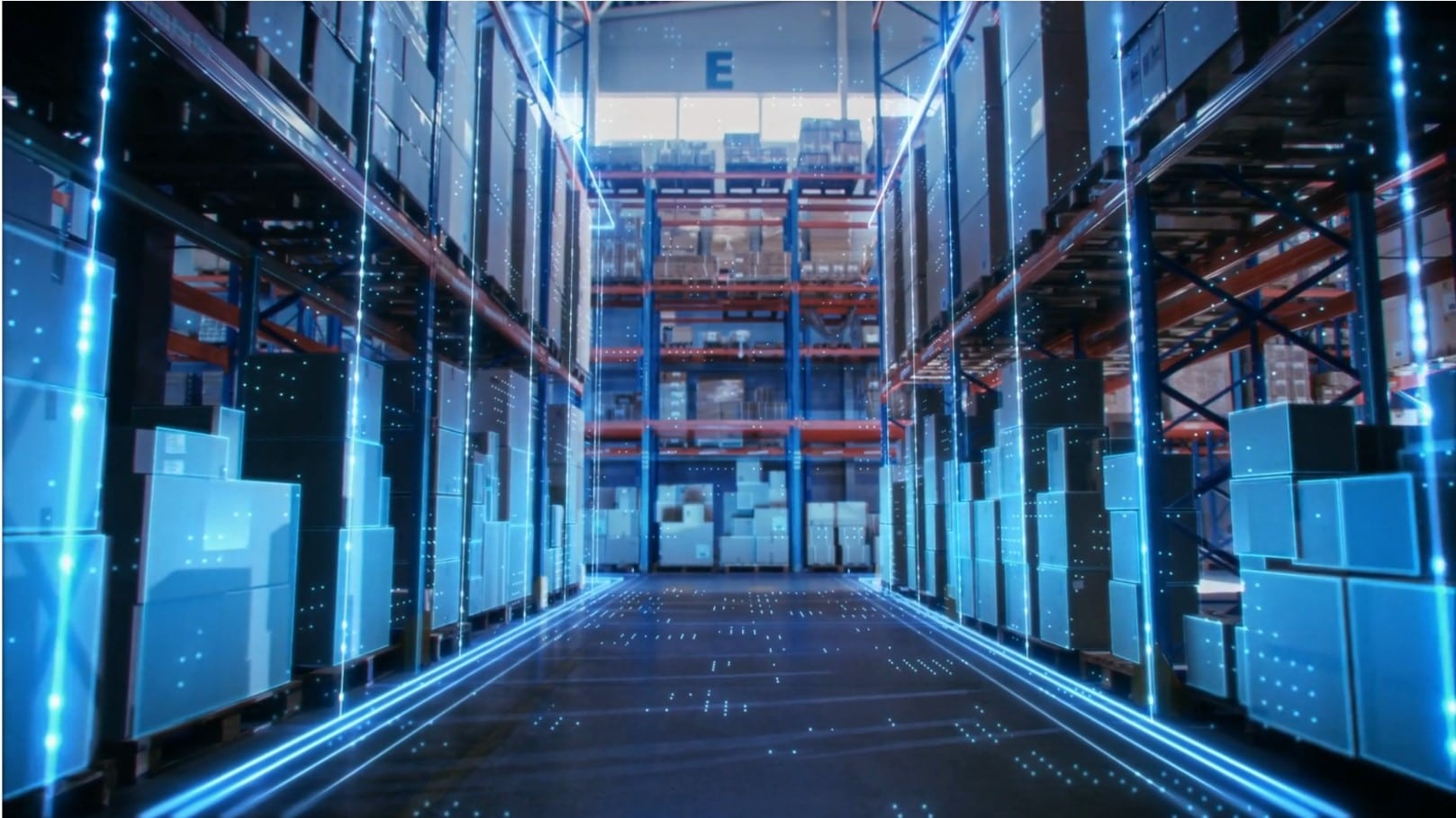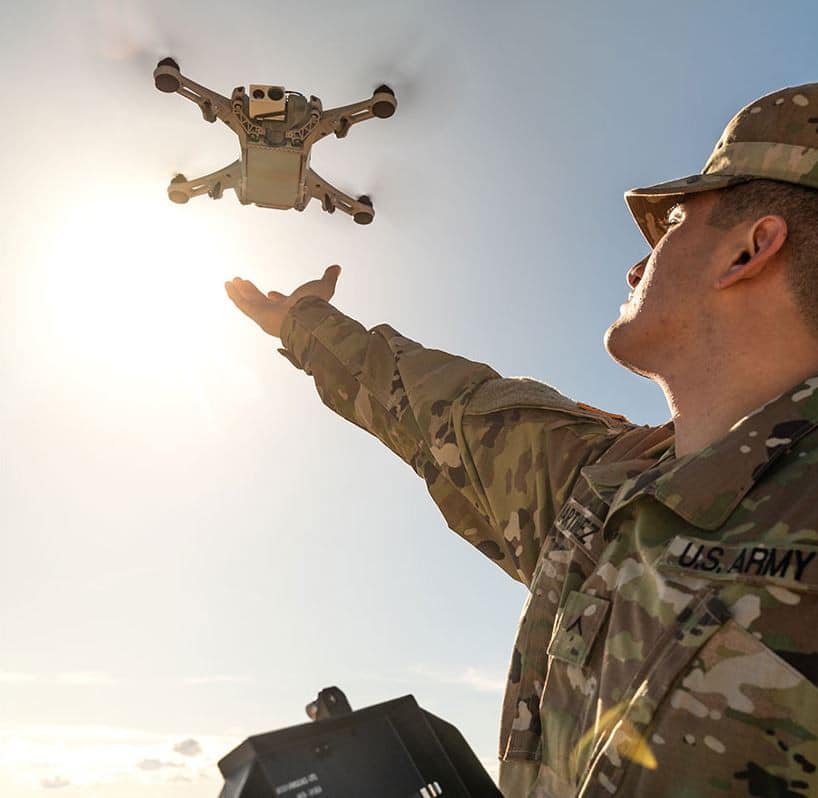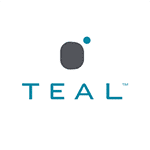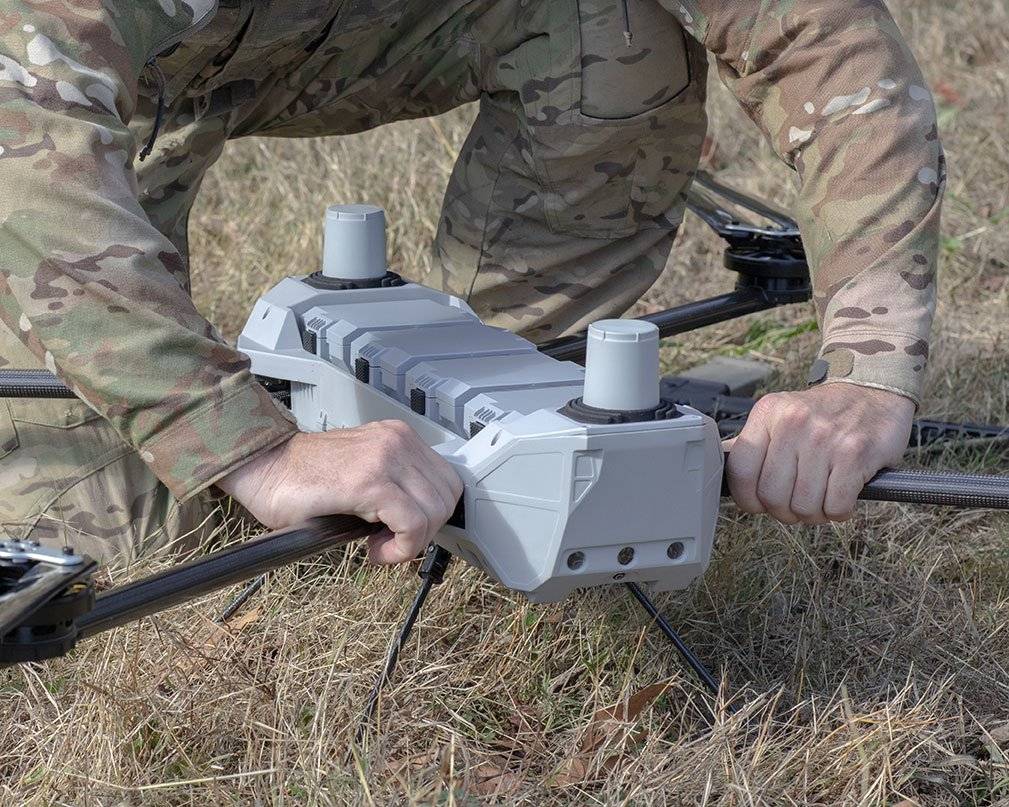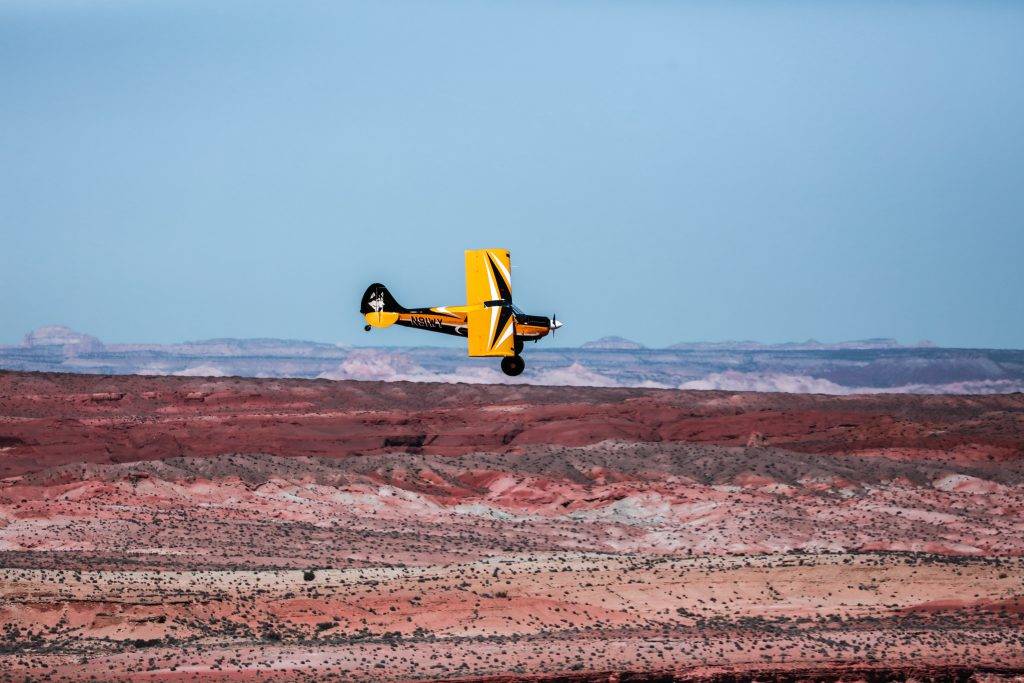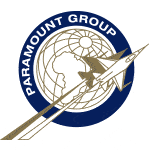In the immediate aftermath of a natural disaster, local infrastructure such as cell towers, power lines, and telephone and internet cable are often damaged or destroyed, limiting the ability for first responders to share data and access the internet. First Responders need to rapidly deploy communication networks to connect different teams and equipment for collaboration in order to activate help to the region as rapidly as possible. A high-speed broadband network is necessary to allow responder teams to share live video and location information that enables the team to most effectively tackle their response efforts. To meet the unique needs of these complex situations, Doodle Labs Mesh Rider Radios with Mesh Rider MANET provides a complete technology solution.
We have partnered with Amazon Web Services’s (AWS’s) Disaster Response Team to develop a reference Disaster Emergency Communications network architecture that can be leveraged by any organization around the world. The AWS Disaster Response team is part of AWS’s Global Social Impact team and is focused on helping customers, partners, and communities respond to disasters globally through our cloud services and technology. For more information about the project, please visit the AWS Disaster Response Blog.
In June, AWS hosted a Field Test Exercise (FTX) that focused on a search-and-rescue operation on a remote site in Northern Virginia that borders the Appalachian Mountains. The AWS Disaster Response team is testing and innovating in areas such as edge processing and the use of artificial intelligence and machine learning for common disaster response use cases by bringing together partner agencies to invent and refine new cloud-powered tools to help in disasters.
The FTX field trial took place in June. We worked with AWS to test how these complementary technologies could expedite disaster response operations. The goal of the exercise was to establish a mobile ad-hoc network (MANET) at field sites that allowed team members to collect and process data at the edge, as well as create a link between the field site and HQ using a Satellite link to provide access to cloud-based resources in the field. Fig. 1 above shows the network topology that was tested.
The FTX site was totally “off-grid” without any type of connectivity and power, so it is representative of many conditions experienced by First Responders. The site was heavily wooded and conducting the field trial in late springtime meant that the trees had dense leaves. Two satellite dishes were used at the Home Base for up linking the network traffic to the AWS Cloud. The “New Cabin” site is on a small hill and was used as a solar powered repeater for the Mesh Rider network. To be able to effectively communicate in wooded terrain, deeper penetration tools were needed, so we utilized 900 MHz Mesh Rider Radios (RM-915). External Mesh Rider Radios were mounted on the portable masts to connect the Home Base and the New Cabin. The Wearable Mesh Rider Radios were used as roaming nodes worn on First Responders while in motion to perform various networking tests from different locations throughout the test area.
The entire network was installed very rapidly. Once the satellite link established internet connectivity at the Home Base, the Mesh Rider MANET extended internet access to operators in the field. All Mesh Rider Radios automatically connect with each other to establish the Mesh Rider MANET network – no radio configuration is required. Even while operating through thick woods, the Mesh Rider network provided 8-12 Mbps TCP/IP throughput for voice, video and data traffic. The average latency between the MANET nodes was under 10ms.
The built-in WiFi hotspot of the roaming Wearable Mesh Rider Radios allowed team members to live stream HD video from their smartphones, make voice calls and use normal apps even in the middle of the woods as if they are working in an urban environment.
“Our FTX events help us work backwards from specific customer needs, such as this Search and Rescue exercise, to fully understand and solve the unique challenges they face in these scenarios. The use of video with MANET links enabled our team to view the location of the search team during this exercise to monitor progress in real-time, which was essential in our search and rescue test”
With the success of the field testing, we look forward to continuing working with the AWS Disaster Response team to finalize the reference architecture for general release.
Doodle Labs
Doodle Labs is a global leader in long-range broadband communication used by the Industrial Internet of Things. Our products have been deployed by Fortune 100 companies in the most demanding environments on earth. Doodle Labs’ design philosophy is focused on achieving best-in-class performance while requiring minimal integration effort, thereby allowing customers to go to market faster with better performing products at a lower overall cost. www.doodlelabs.com
AWS Global Social Impact (GSI) Solutions Team
The AWS Global Social Impact (GSI) Solutions Team focuses efforts across the pillars of disaster response, rights and equity, and global health. The GSI Solutions team is an incubator for technical solutions that address customer needs across these pillars. We build rapid prototypes and end-to-end proofs-of-concept using a mix of AWS services, commodity hardware, and homegrown technology.
